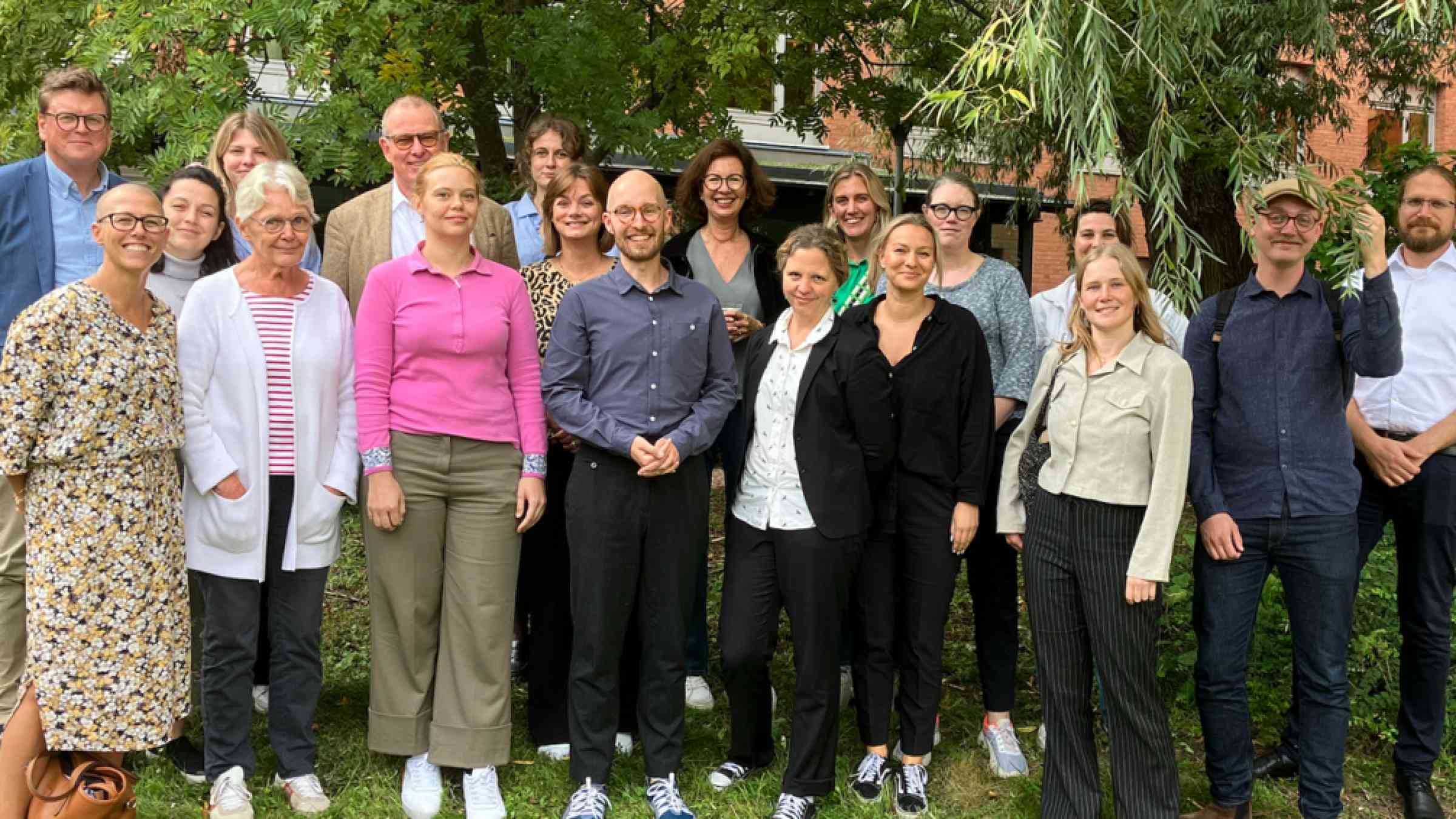Swedish MCR2030 network raises concerns on climate change adaptation

This year’s annual meeting of the Swedish MCR2030 network took place on 13-14 September in Malmö, focusing on climate change adaptation.
Emanuel Toft, the Climate Change Adaptation Advisor at the City of Malmö, did not mince his words when addressing the Ministry of Climate and Enterprise:
“We are far from ready, we haven´t even agreed on what level of risk to prepare for”
Former Special Representative of the UN Secretary-General for Disaster Risk Reduction, Ms. Margareta Wahlström, presented the origins of the Sendai Framework for Disaster Risk Reduction 2015-2030, and outlined the work of the UN Office for Disaster Risk Reduction (UNDRR) to address disaster risks related to the increasingly frequent and intensifying impacts of climate change.
Linkages between Sweden’s ongoing civil preparedness reform and climate change adaptation were discussed. Concerns regarding the lack of an appropriate legal frameworks and mechanisms for cost sharing were raised, specifically in relation to the risk of rising sea levels and cloudburst events.
Civil servants from the Ministry of Climate and Enterprise joined a session dedicated to the new national strategy for climate change adaptation. The meeting also featured presentations of ongoing research that provides tools for climate change adaptation including research on social vulnerability, urban heat islands, heat mapping and leaf coverage mapping.
Ludwig Sonesson, Climate Change Adaptation Advisor at the City of Malmö, concluded:
“There are great efficiency gains to be had if local councils collaborate. I hope we can grow the network in Sweden to involve more local councils ahead of next year’s meeting”
Background
MRC2030 is a unique cross-stakeholder initiative for improving local resilience through advocacy, sharing knowledge and experiences, establishing mutually reinforcing city-to-city learning networks, injecting technical expertise, connecting multiple layers of government, and building partnerships. Through delivering a clear roadmap to urban resilience, providing tools, access to knowledge, and monitoring and reporting tools, MCR2030 will support cities on their journey to reduce risk and build resilience.

